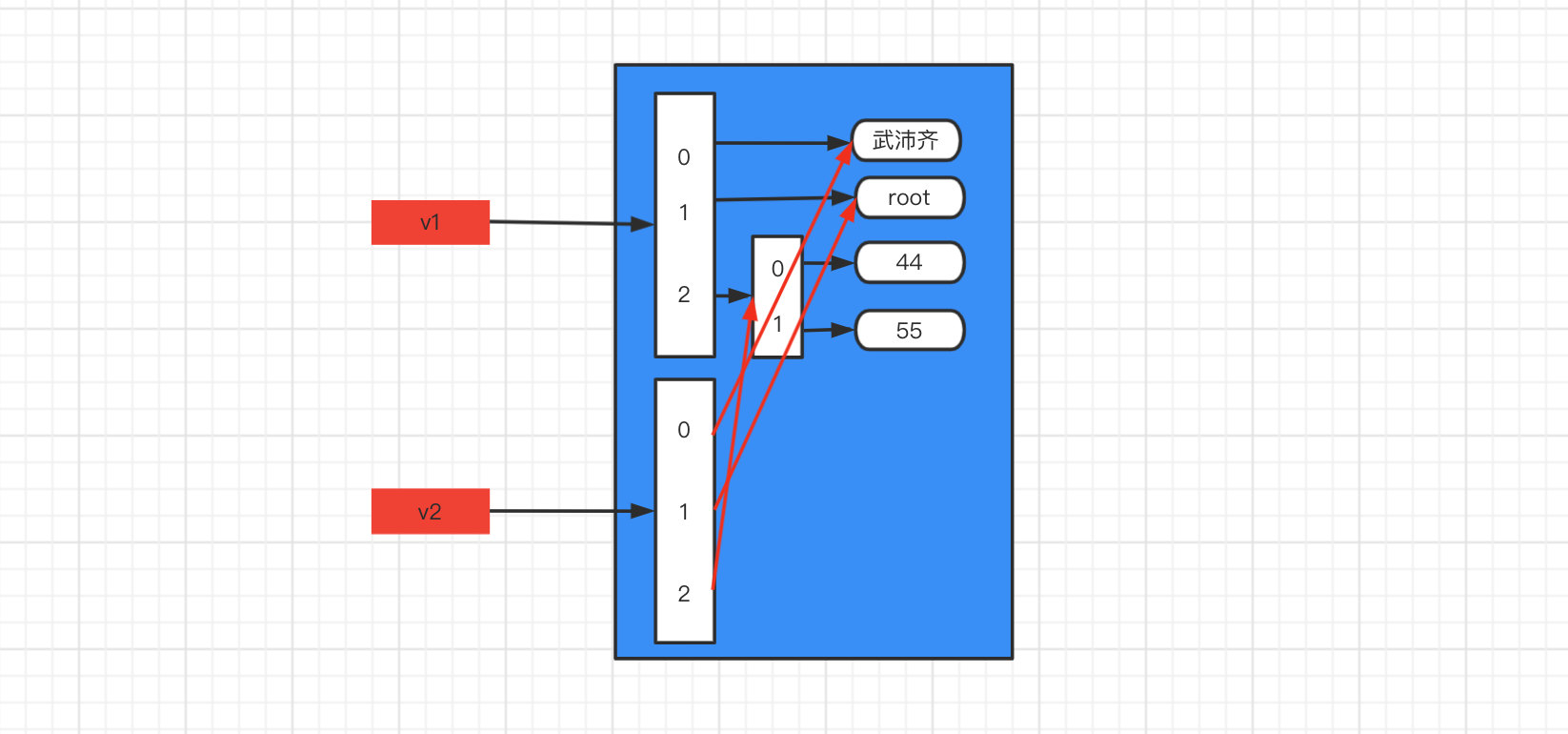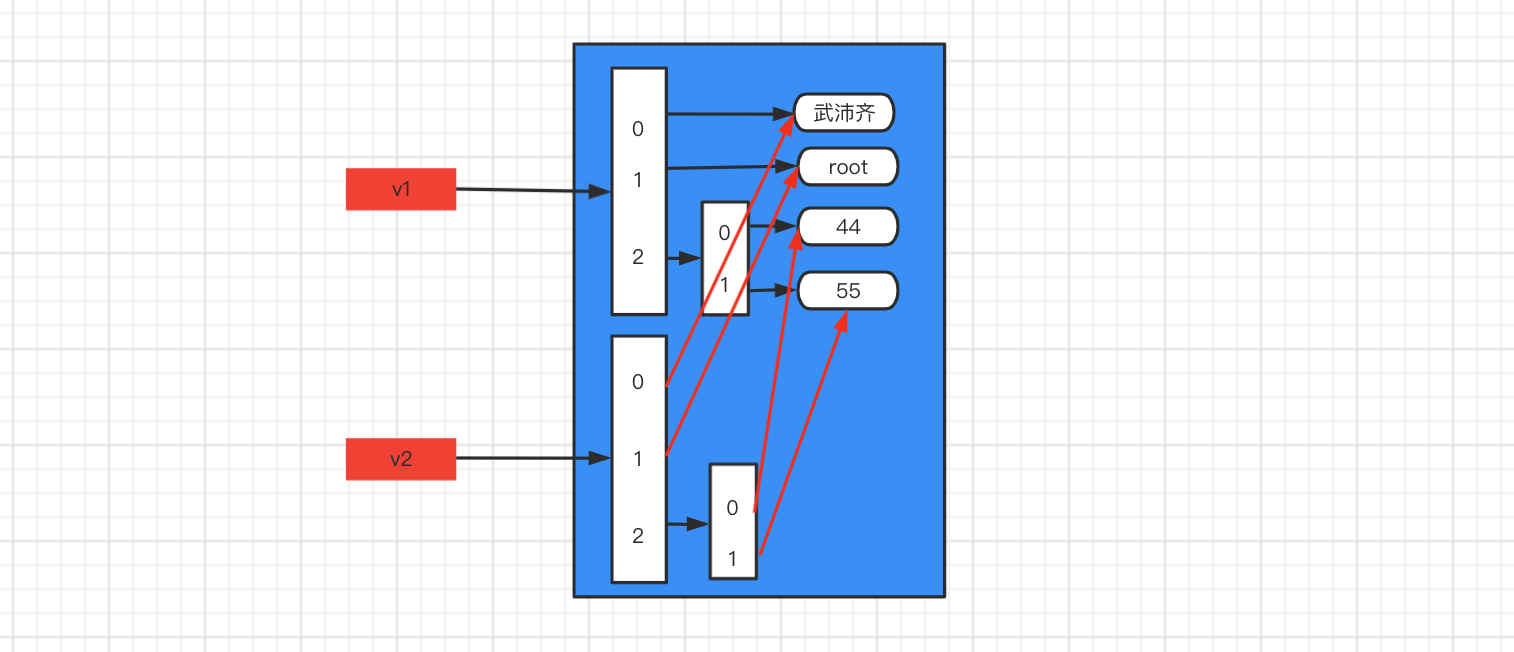day16 stage summary
Course goal: summarize and test the knowledge points of the second module "function and module" stage, so that students can better master the relevant knowledge of this module.
Course overview:
- Knowledge supplement
- Stage summary (mind map)
- Examination questions
1. Knowledge supplement
1.1 nolocal keyword
In the previous course, we learned the global keyword.
name = 'root'
def outer():
name = "Xiao Ming"
def inner():
global name
name = 123
inner()
print(name)
outer()
print(name)
In fact, there is also a nolocal keyword, which is rarely used. It can be understood here. (variables pointing to the parent scope)
name = 'root'
def outer():
name = "Xiao Ming"
def inner():
nonlocal name
name = 123
inner()
print(name)
outer()
print(name)
name = 'root'
def outer():
name = 'alex'
def func():
name = "Xiao Ming"
def inner():
nonlocal name
name = 123
inner()
print(name)
func()
print(name)
outer()
print(name)
name = 'root'
def outer():
name = 'alex'
def func():
nonlocal name
name = "Xiao Ming"
def inner():
nonlocal name
name = 123
inner()
print(name)
func()
print(name)
outer()
print(name)
1.2 yield from
In the generator section, we learned about the yield keyword, which is used in Python 3 After 3, a yield from was introduced.
def foo():
yield 2
yield 2
yield 2
def func():
yield 1
yield 1
yield 1
yield from foo()
yield 1
yield 1
for item in func():
print(item)
1.3 deep and shallow copy
Deep and shallow copy generally refers to variable data types: set, list, dict (copy of immutable data types is meaningless, and memory will not be copied)
-
Shallow copy
-
Immutable type, no copy.
import copy v1 = "Xiao Ming" print(id(v1)) # 140652260947312 v2 = copy.copy(v1) print(id(v2)) # 140652260947312
It is reasonable to say that after copying v1, the memory address of v2 should be different, but due to the internal optimization mechanism of python, the memory address is the same, because for immutable types, if the value is modified later, a new copy of data will be created and the original data will not be affected. Therefore, it is OK not to copy.
-
Variable type, copy only the first layer. (only one layer of list is copied, and the values in it are not copied)
import copy v1 = ["Xiao Ming", "root", [44, 55]] print(id(v1)) # 140405837216896 print(id(v1[2])) # 140405837214592 v2 = copy.copy(v1) print(id(v2)) # 140405837214784 print(id(v2[2])) # 140405837214592

-
-
Deep copy
-
Immutable type, no copy
import copy v1 = "Xiao Ming" print(id(v1)) # 140188538697072 v2 = copy.deepcopy(v1) print(id(v2)) # 140188538697072
Special tuples:
-
There is no mutable type in tuple element, so it is not copied
import copy v1 = ("Xiao Ming", "root") print(id(v1)) # 140243298961984 v2 = copy.deepcopy(v1) print(id(v2)) # 140243298961984 -
There are variable types in the element. Find all [variable types] or [tuples containing variable types] and copy them
import copy v1 = ("Xiao Ming", "root", [11, [44, 55], (11, 22), (11, [], 22), 33]) v2 = copy.deepcopy(v1) print(id(v1)) # 140391475456384 print(id(v2)) # 140391475456640 print(id(v1[2])) # 140352552779008 print(id(v2[2])) # 140352552920448 print(id(v1[2][1])) # 140642999940480 print(id(v2[2][1])) # 140643000088832 print(id(v1[2][2])) # 140467039914560 print(id(v2[2][2])) # 140467039914560 print(id(v1[2][3])) # 140675479841152 print(id(v2[2][3])) # 140675480454784
-
-
Variable type: find a copy of variable type or tuple containing variable type at all levels
import copy v1 = ["Xiao Ming", "root", [11, [44, 55], (11, 22), (11, [], 22), 33]] v2 = copy.deepcopy(v1) print(id(v1)) # 140391475456384 print(id(v2)) # 140391475456640 print(id(v1[2])) # 140352552779008 print(id(v2[2])) # 140352552920448 print(id(v1[2][1])) # 140642999940480 print(id(v2[2][1])) # 140643000088832 print(id(v1[2][2])) # 140467039914560 print(id(v2[2][2])) # 140467039914560 print(id(v1[2][3])) # 140675479841152 print(id(v2[2][3])) # 140675480454784
import copy v1 = ["Xiao Ming", "root", [44, 55]] v2 = copy.deepcopy(v1) print(id(v1)) # 140405837216896 print(id(v2)) # 140405837214784 print(id(v1[2])) # 140563140392256 print(id(v2[2])) # 140563140535744

Shallow copy, which copies only the variable data types of the first layer.
Deep copy copies the variable types of all layers. If there are variable types in tuples, they will also be copied.
Special: tuples, immutable data types, if encountered
- Shallow copy: never copy
- Deep copy: if the data types in tuples are immutable data types, they will never be copied; If there are variable types in a tuple, the tuple will be copied.
-
2. Stage summary
